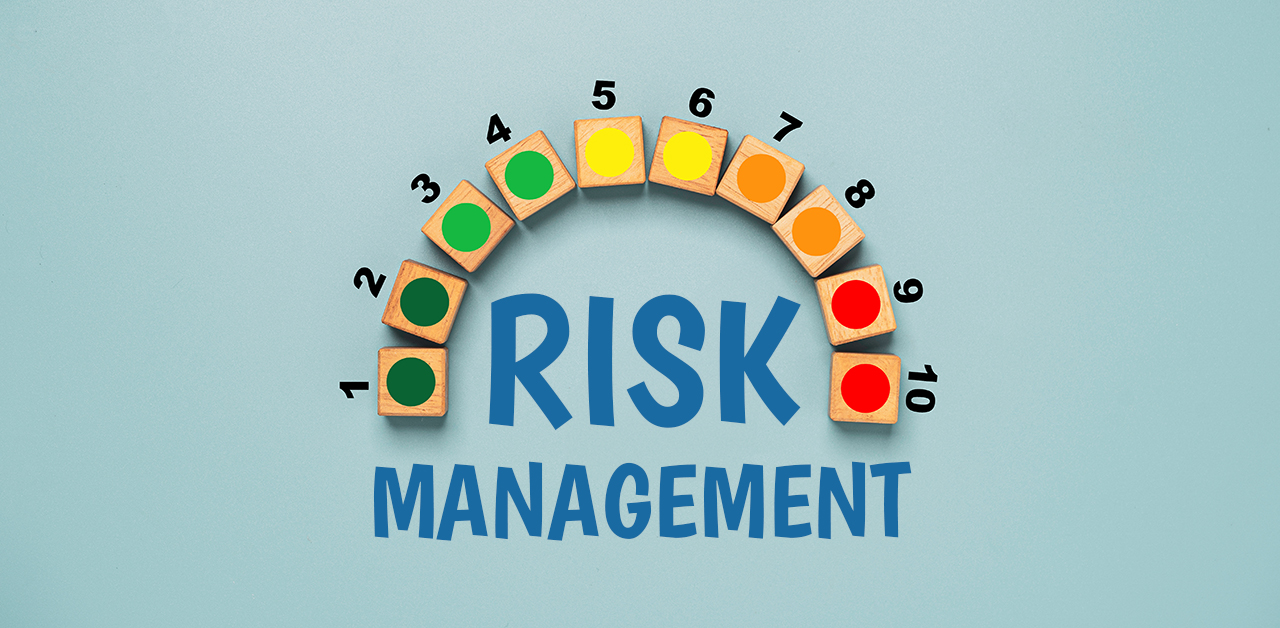Periodically it will become necessary to decommission networking hardware in order to improve your system with newer, faster, more efficient devices. Often it is more cost effective to replace these pieces than it is to simply upgrade them, which means that the outdated hardware will need to be discarded, before the newer devices can be installed. Unfortunately this can be a dangerous and complicated process for a variety of reasons.
Some of the biggest problems that are caused by improper disposal of networking equipment are environmental in nature. This is because many of the components found in these devices, including plastics, will not biodegrade over time. This can cause a buildup of waste matter in landfills. Electronics recycling of this hardware makes it possible to reclaim those materials, processing them so they can be used in new components. That not only reduces waste, it also cuts the amount of raw material that needs to be consumed by new products.
Some networking hardware may also contain dangerous chemical substances. If improperly disposed of, these can seep out of the machines, getting into the soil and contaminating the land, and eventually the water supply. An R2 certified company will know how to handle end-of-life products in a safe, ecologically friendly way.
OceanTech is an R2 certified recycling company that has experience working nationwide. Their trained staff of professionals have the knowledge and experience necessary to safely handle all of your decommissioned networking hardware in a way that is responsible and environmentally friendly. At the same time they will be able to pay the most for these outdated devices.
In addition to ecological concerns, improper disposal of networking hardware can also expose your company to some serious security flaws. In some cases data will still be lingering, hidden on the device even after it has been erased completely. This can be accessed by hackers who can then leverage it against your organization. It may even be possible for them to use decommissioned hardware to access your current network.
That’s why OceanTech takes security seriously. All devices that are disposed of with us are wiped completely clean of any lingering traces of data. That ensures that absolutely no information can be found, removing the liability that these items can expose you to.


